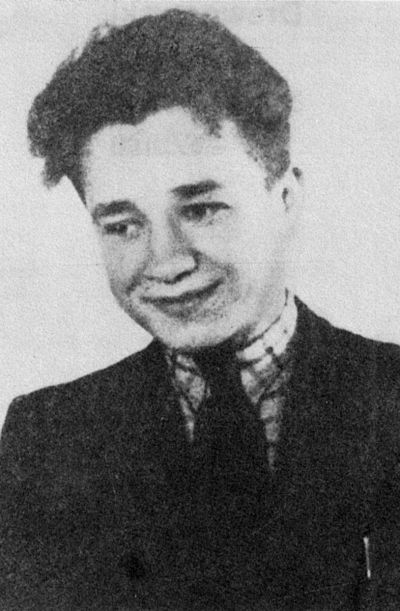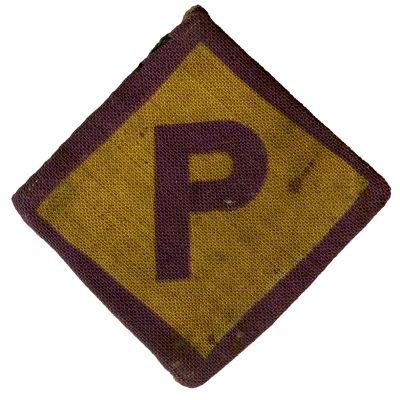Tadeusz Borowski

The poetry Borowski wrote during his time in Munich no longer contains the universal dimension found in his first published book Wherever the Earth. Now it begins to tell of a concrete time, the here-and-now events in the post-war era. One of its major themes is Germany and the German character: for the poet, German cities, like German landscapes are worthless. They only arouse a wish for revenge – a longing for retribution, and compensation for injustice that fuels his bitterness even more when he thinks that German cities, German landscapes and the Germans themselves never suffered enough destruction. “Even today, sitting here in Munich, I feel utterly outraged that the city scarcely shows any signs of destruction.” The lyrical “I” in Borowski’s Munich poems is full of hatred for everything associated with Germany and German characteristics. The author of This Way for the Gas, Ladies and Gentlemen sees in Germany nothing more than a country full of murderers and sadists. By contrast with his prose works, the poems he wrote in Munich equate Germans with Nazis. His poetry is wilder, more provocative and more aggressive than his prose. It uses contempt, sarcasm and irony more often and more intensively. We might even be given the impression that Brodsky himself is infected with the “ideology of death”.
One of his best-known poems from this time is entitled Evening in Munich. Here the lyrical “I” slips into the role of an avenger. He is obsessed with murdering German men, raping German women and killing German babies. The German city in Evening in Munich is portrayed as a bastion of criminals. Everywhere there is the stench of smoke rising from the crematoria, and the streets are lined with murderers who have evaded punishment. These are the people who were only recently the Masters over life-and-death – beasts in human skin. And now they are playing at being innocent Germans. This is the perspective of the poet – unequivocal and clear.

















